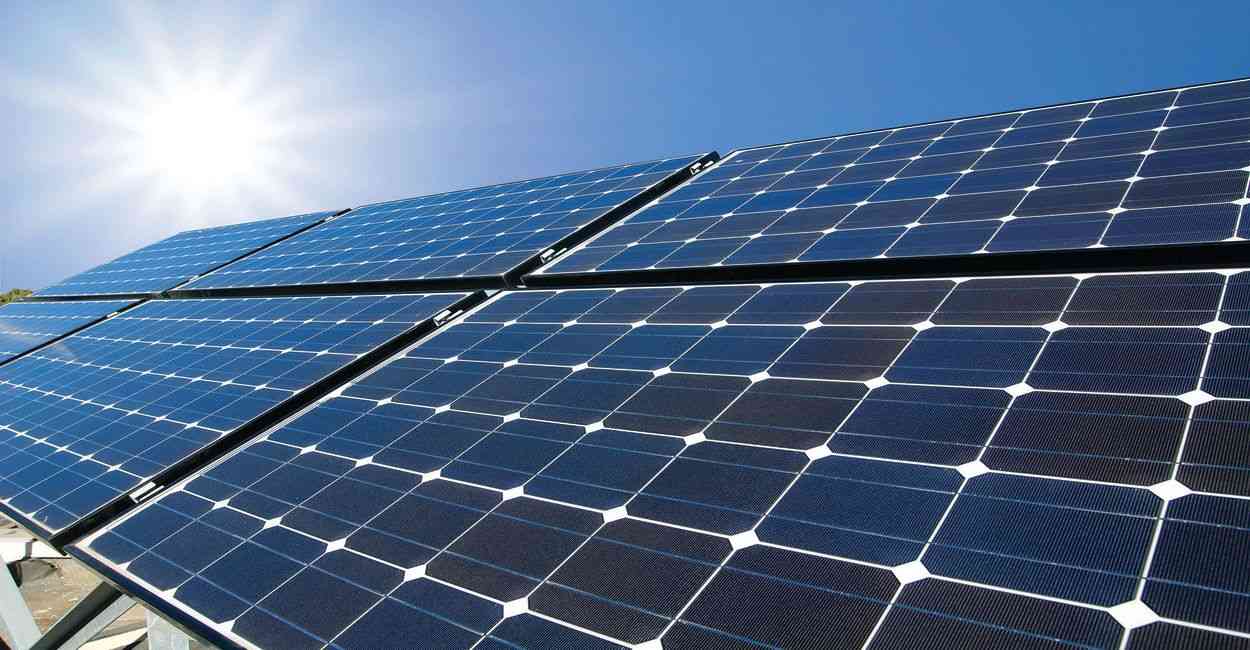7 Best Pressure Washers of 2020
5 min readIf you’ve ever watched one of those viral videos of someone steam cleaning a tile floor, you know just how satisfying it is to watch something go from filthy to flawless in mere seconds. And there’s nothing quite like a pressure washer to give you that same sense of satisfaction in your own space.
“A pressure washer is a really excellent piece of equipment,” says Dan DiClerico, home expert for Home Advisor. “It’s one of the most valuable power tools for homeowners.” Why? The machine safely strips unsightly dirt and debris from a number of surfaces — mildewed decks, fences, outdoor furniture, and siding; oil-stained driveways; and even muddy cars and boats — in just a few minutes, leaving behind an impressive like-new finish.
To ensure you get your hands on the best pressure washer for your project, the experts at the Good Housekeeping Institute test pressure washers of all kinds on a wide range of surfaces, from patio tiles to windows and cars to see assess ease of use, safety and efficacy. We considered top-tested brands, expert guidance, and thousands of online reviews to make the following picks.
What you need to know about pressure washers
You can’t just pluck any pressure washer off the shelf: These machines (particularly gas pressure washers) are incredibly strong. It’s what makes them so effective, but it also means there’s a higher risk of injury and surface damage if you don’t know what you’re doing. “You really need to respect the power of these machines,” says DiClerico. Here’s what to keep in mind:
Electric vs. gas: When shopping, this is “the first and most important decision to make,” says DiClerico. All pressure washers work the same way — a motor powers water through a concentrated nozzle, he explains. Where things differ is how that motor is powered: By electricity or by gasoline.
- An electric machine is generally suitable for the vast majority of homeowners and can tackle projects like car washing, cleaning lawn furniture, and spot treating surfaces, says DiClerico. They are more affordable (think $300 and below), lighter, quieter, and easier to store and maintain.
- Gas machines, on the other hand, are most commonly used by professionals, because they are a lot more powerful, says DiClerico. They’ll blast nearly any dirt and debris — use them for things like decks and sidewalks — but they’re much more expensive (think $300 and above), plus they’re bigger, heavier, noisier, and harder to maintain.
PSI: PSI, or pounds per square inch, indicates the water pressure delivered by the machine, says Adrienne Hunt, associate merchant for Home Depot. Pressure washers with a high PSI will clean deep stains more effectively than machines with a lower PSI.
- Electric pressure washers typically range from 1,600 PSI to 2,300 PSI
- Gas pressure washers range from 2,700 PSI to 4,400 PSI.
GPM: Though PSI is important, you can’t rely on it alone. “PSI and GPM, or gallons per minute, in tandem are super important,” says Rachel Rothman, chief technologist and director of engineering at the Good Housekeeping Institute. “One without the other won’t result in the right combo.” GPM measures the volume of water delivered by the pressure washer — an indicator of how quickly your machine will clean. Higher GPM pressure washers will clean faster than those with lower GPM, says Hunt.
Safety: When using pressure washers, particularly more powerful gas models, you can readily cause bodily harm and surface damage, like splintering, if you’re not careful, says Rothman. Wear closed-toe shoes and safety goggles at all times when operating your pressure washer. And if your machine comes with interchangeable nozzles, use the least powerful one first — you can always progress to a stronger nozzle if you need to — and position yourself about four feet from whatever you’re cleaning. When in doubt, spot test an inconspicuous area first.
This content is created and maintained by a third party, and imported onto this page to help users provide their email addresses. You may be able to find more information about this and similar content at piano.io
This commenting section is created and maintained by a third party, and imported onto this page. You may be able to find more information on their web site.



.jpg)
